
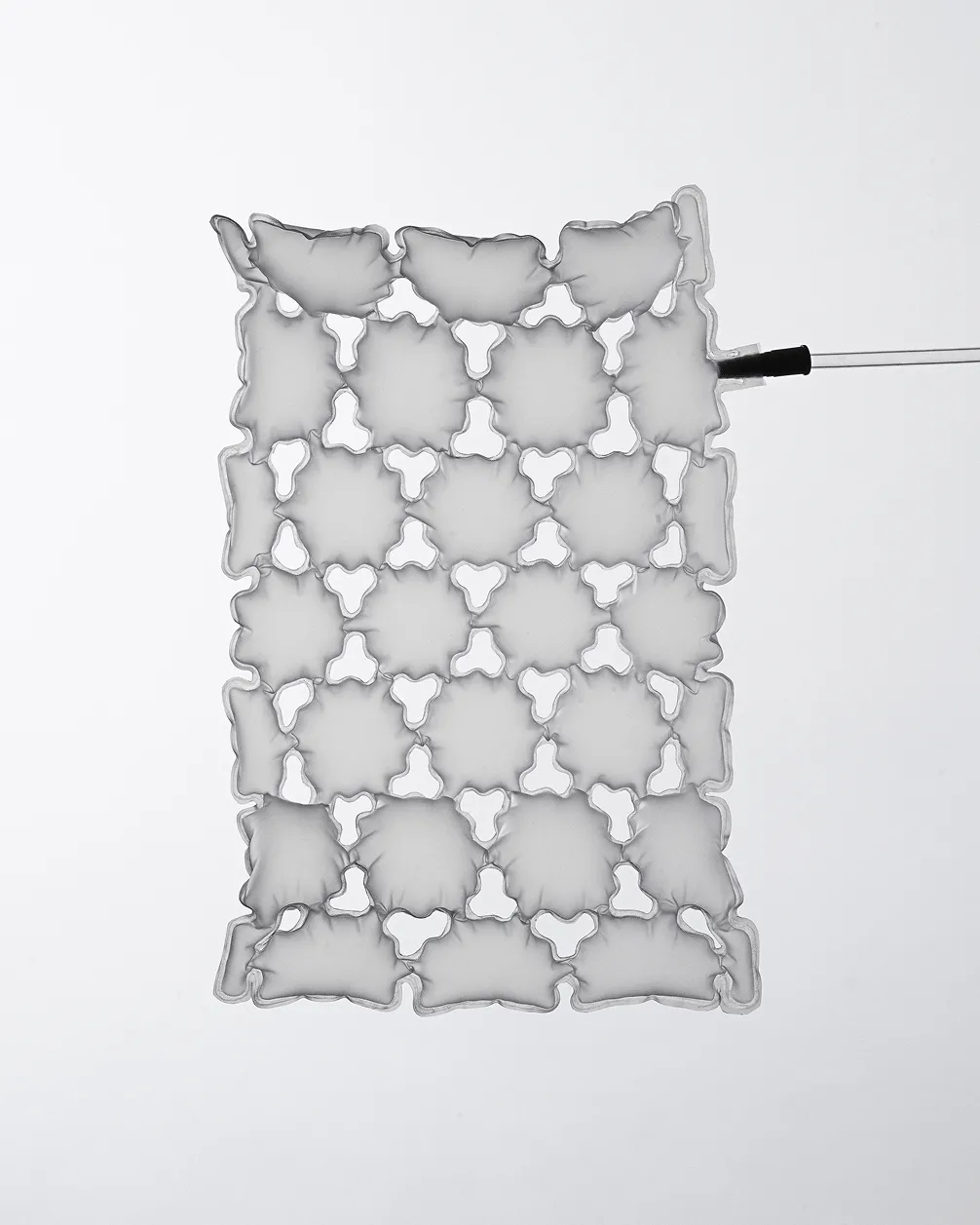
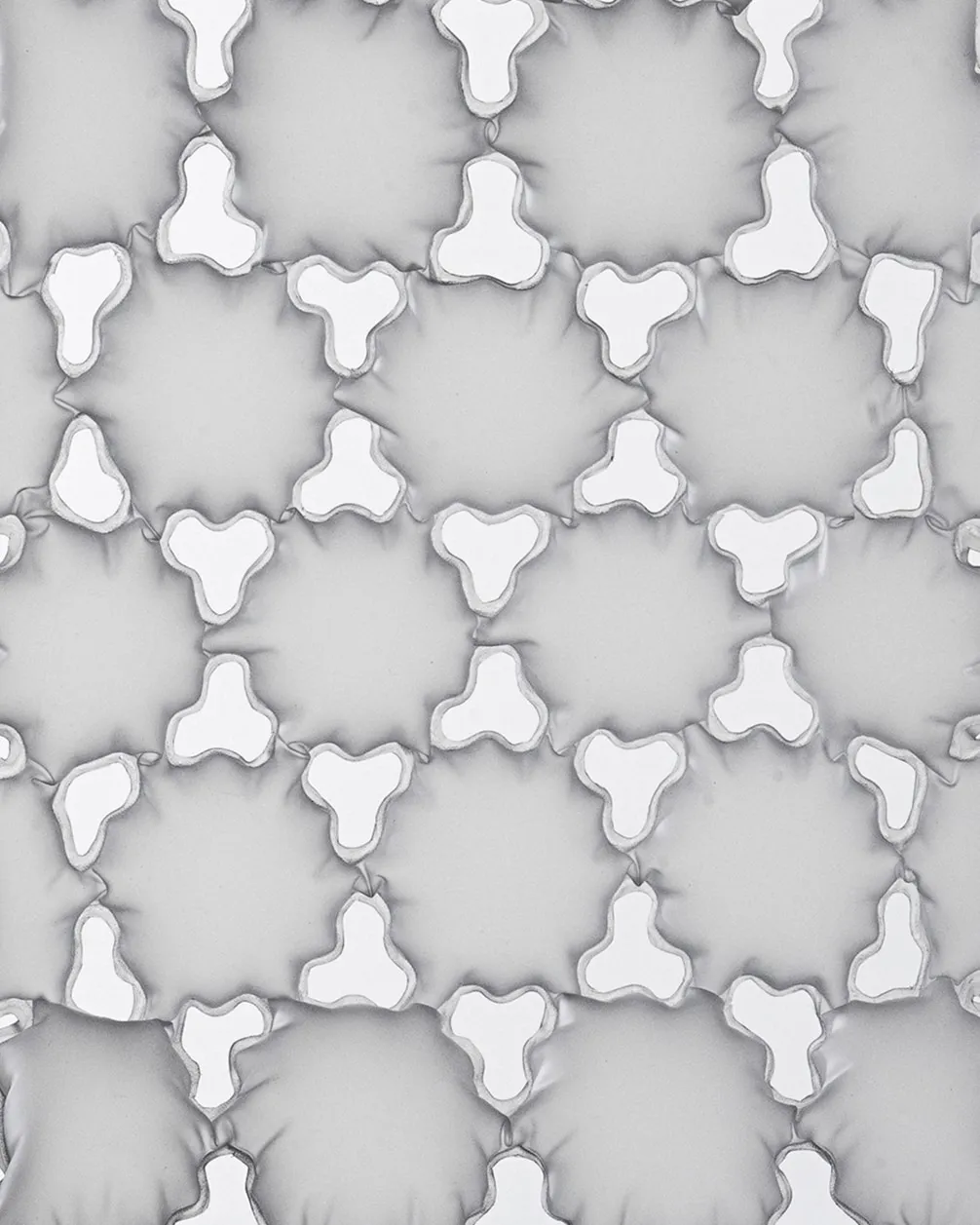
Biology-informed tiling principles are under-explored in design. We were interested in developing a direct link between parametric design of these patterns and manufacturing.
Tiling in nature is often a strategy for both protection and support. We had already experimented with CNC-controlled air-tight membranes. This production method echoed the growth of tessellated systems in biology and was worth exploring. We explored how lamination can create dynamic, and adaptable but protective structures that can be activated through inflation.
We investigated a digitally controlled welding process that allows for the creation of customized inflatable structures guided by parametric pattern designs.
The key elements of the exhibition include lightweight textiles, spec sheets introducing the research background of fiber development, and a modular aluminum rigging system designed to display the demonstrators. The spec sheets offer detailed information on the current status of the research projects, including their Technology Readiness Level (TRL), potential applications, and future goals for yarn development. This allows visitors to gain a clear understanding of the progress, practical uses, and long-term vision of the fiber innovations being showcased
Explore the project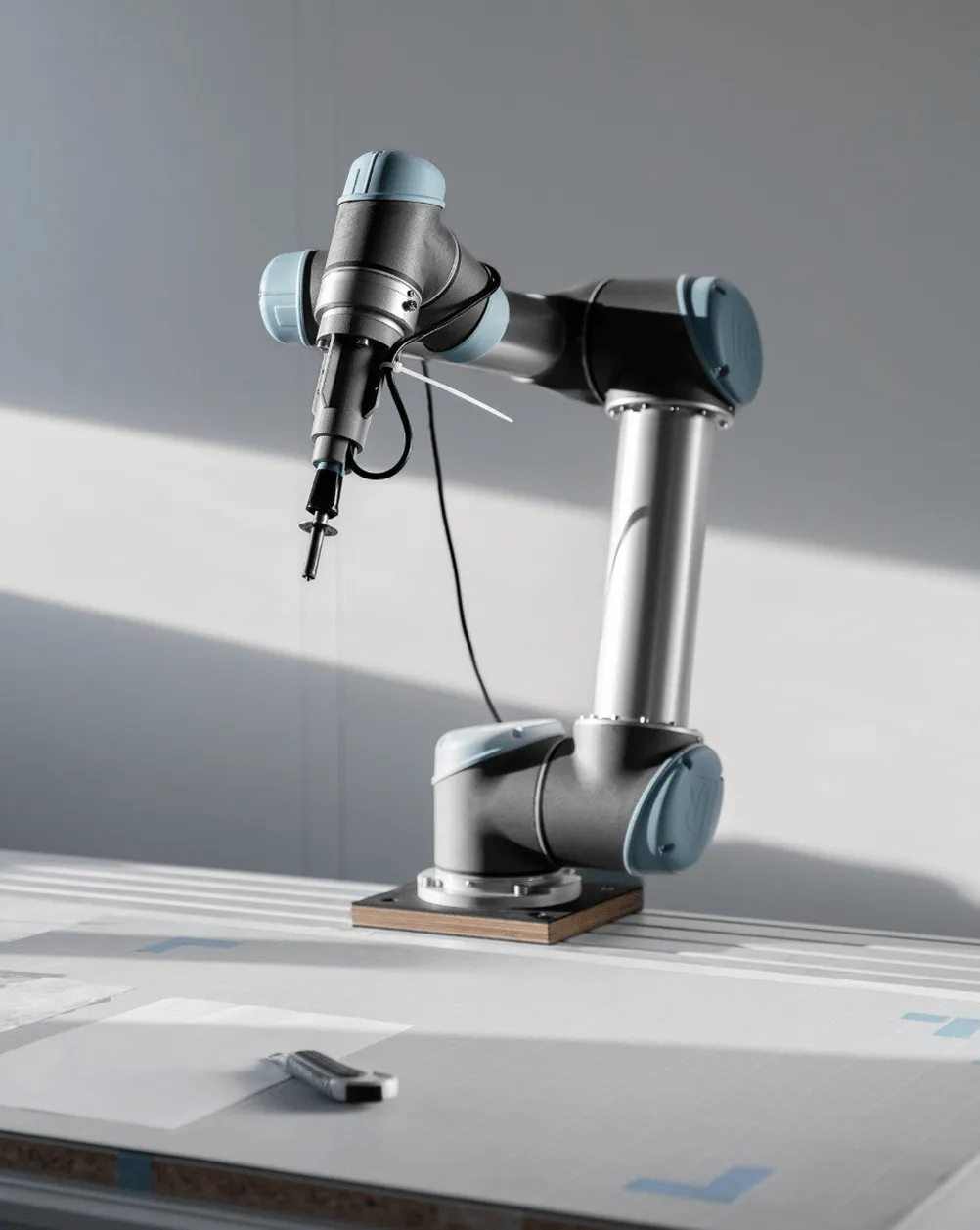
This project aims to explore how working with air as a material can lead to more durable and efficient ways of creating spaces and protecting goods at various scales.
Traditional support and packaging systems are typically single-use and fail to accommodate individual shapes, relying on rigid, stationary machines that limit processing and automation possibilities. We were interested in the potential of customization in this field by integrating protection and aesthetics into a single system. The modularity of air channels allows for adjustments based on load-bearing and cushioning needs without excessive material waste. Digital control over welding and inflation enables customization at different levels, from small protective casings to large structural applications.
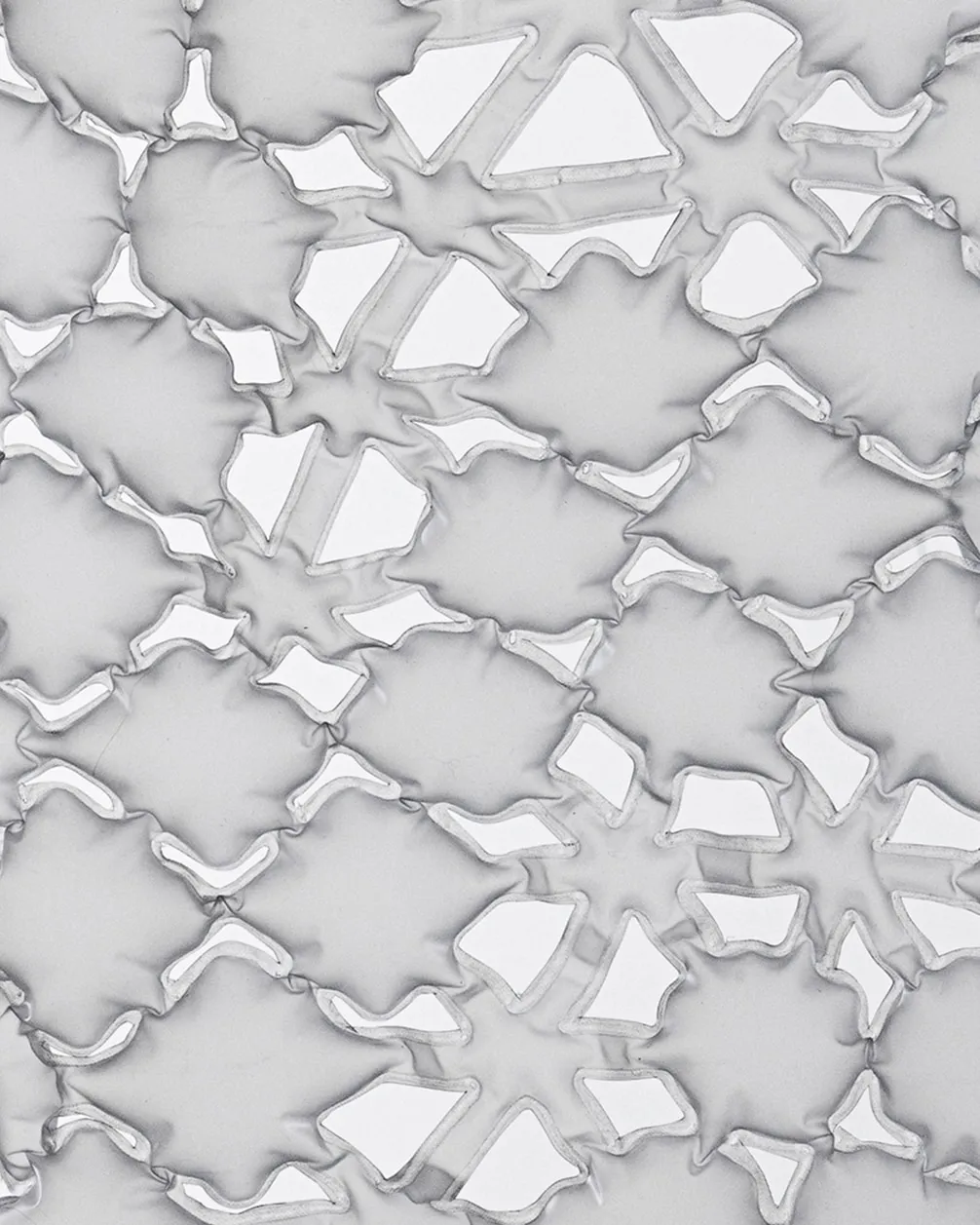
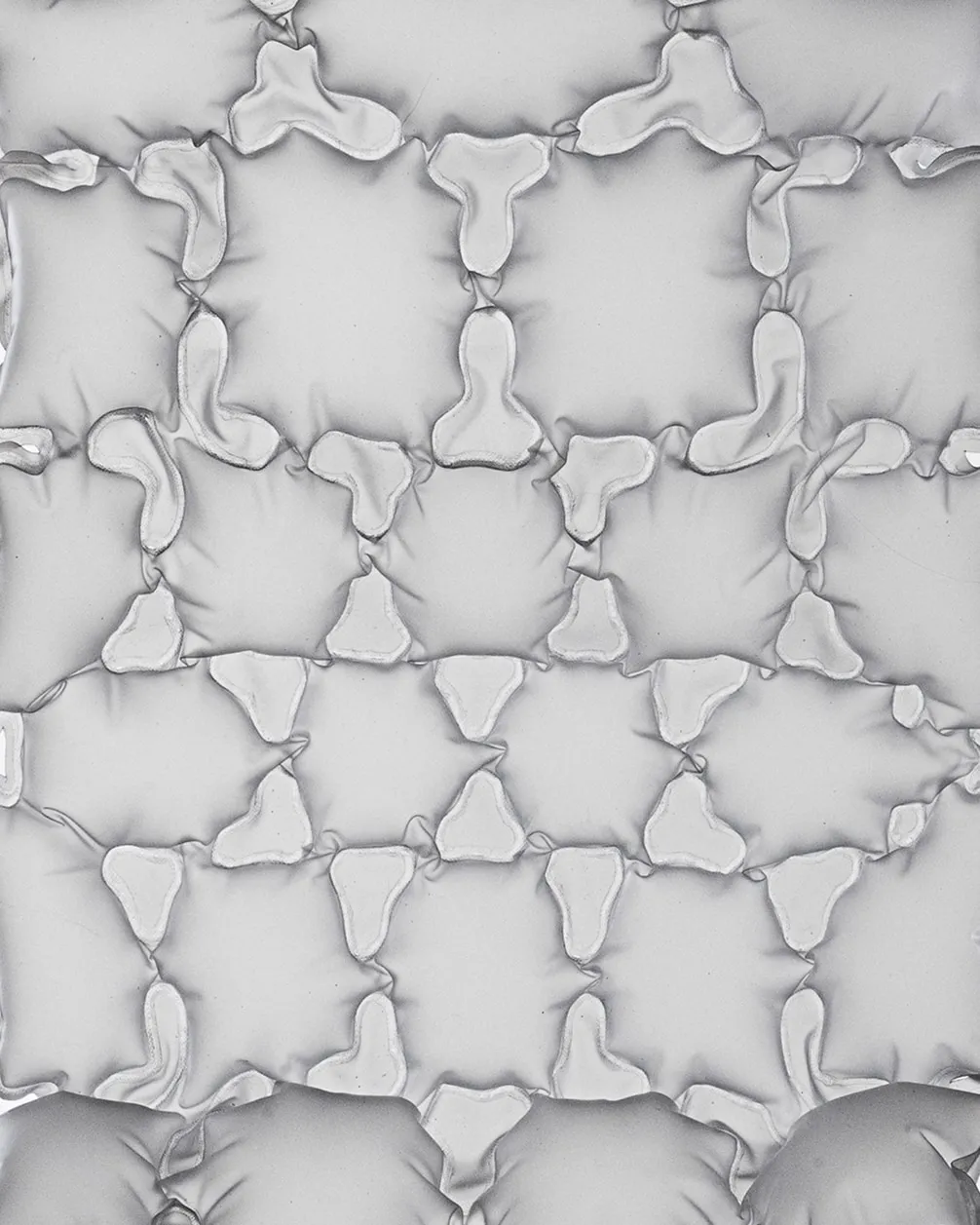
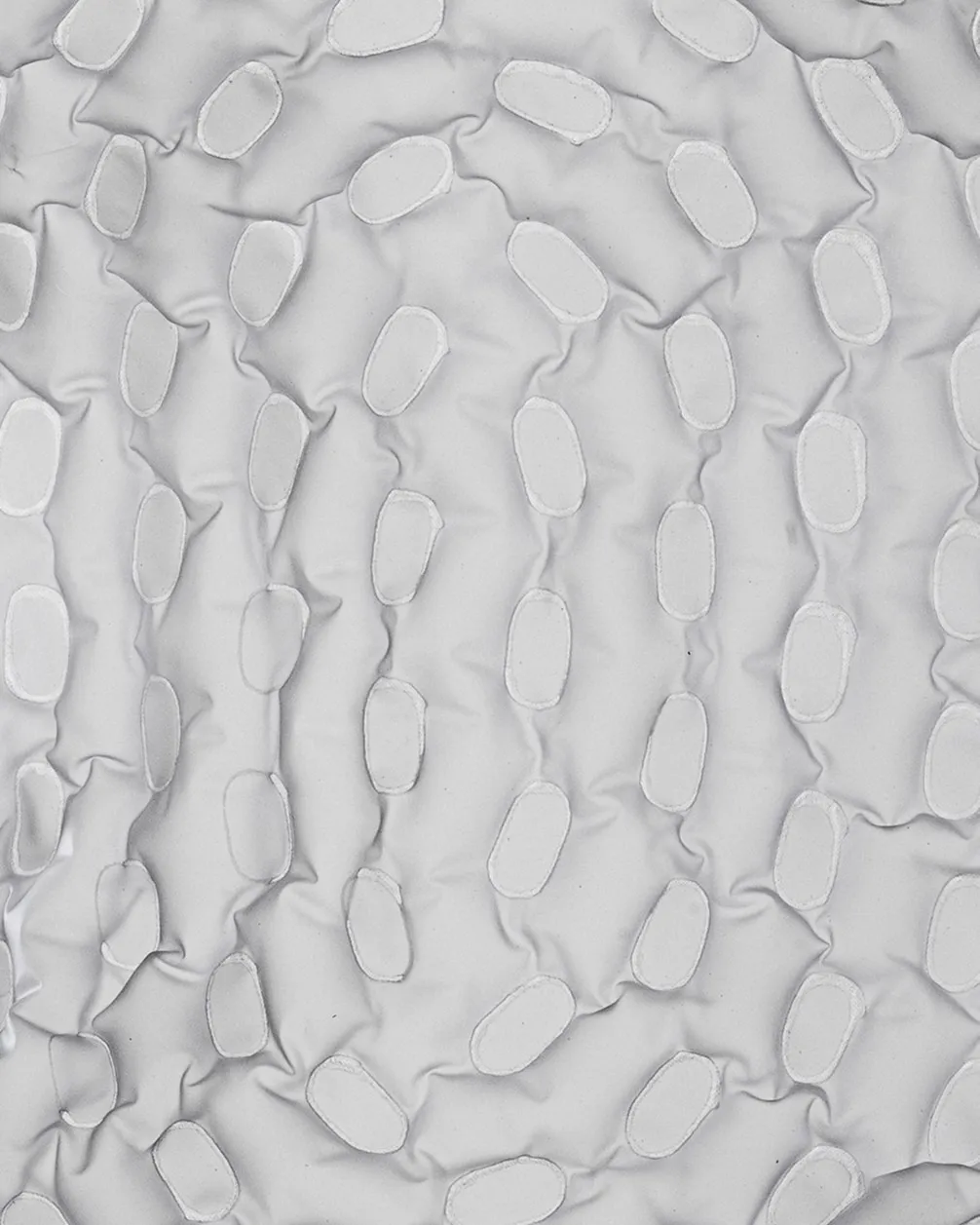
"Pneumatics and revolution agree well. Both are fueled by wind and myth of transcendence; as the balloon enraptures the child, they animate and transport us on the promise of an imminent passage into a perfected future."
Marc Dessauce
Our fascination with structures activated by inflation stems from the way nature inherently uses similar principles in its growth and adaptation. In biological systems, membranes act as flexible, responsive layers that adapt to external and internal forces. By using air as an actuator, we can mimic this natural behavior—structures no longer need to be rigid or pre-determined, but instead, they evolve and respond dynamically to their environment.
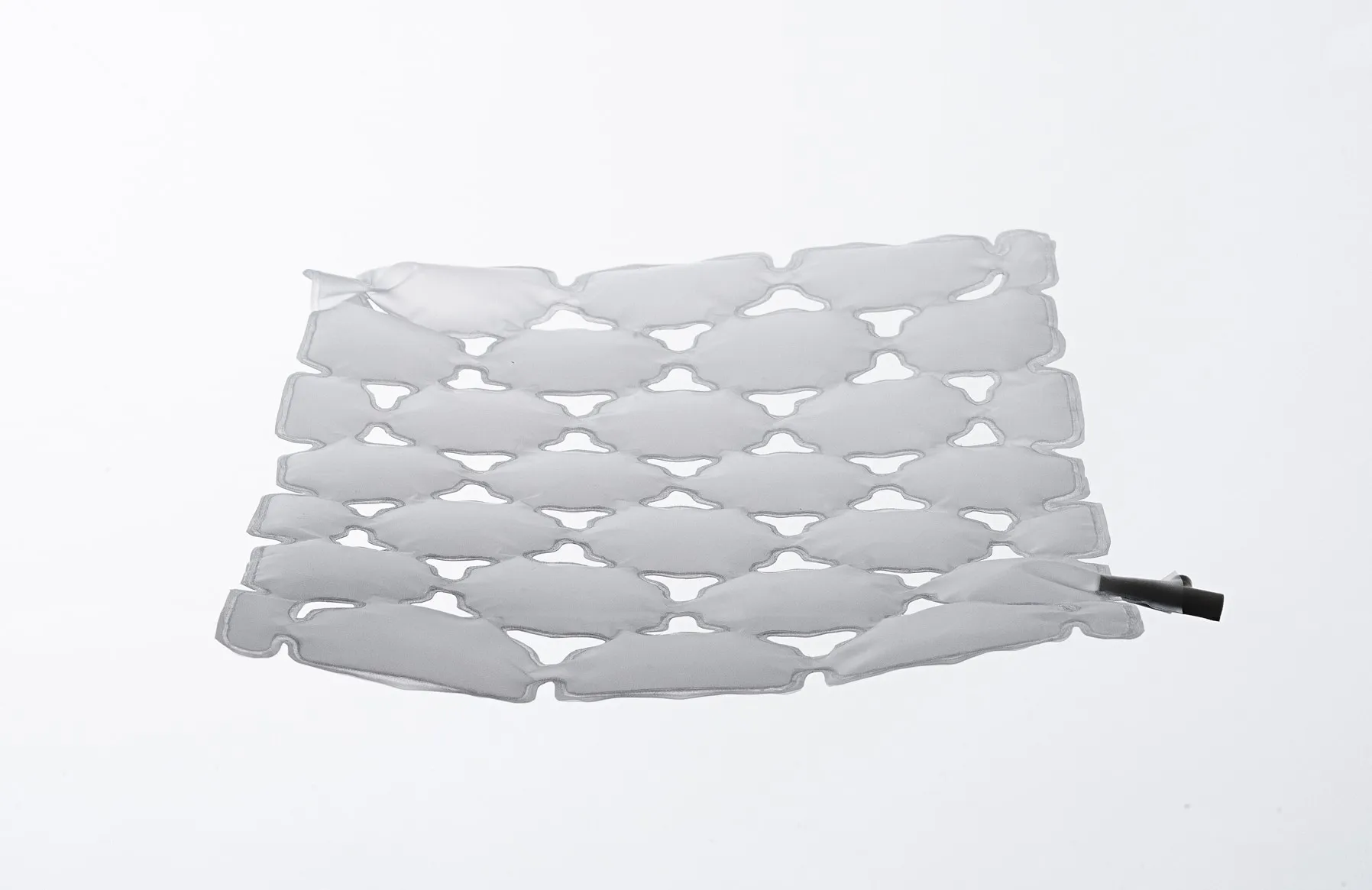
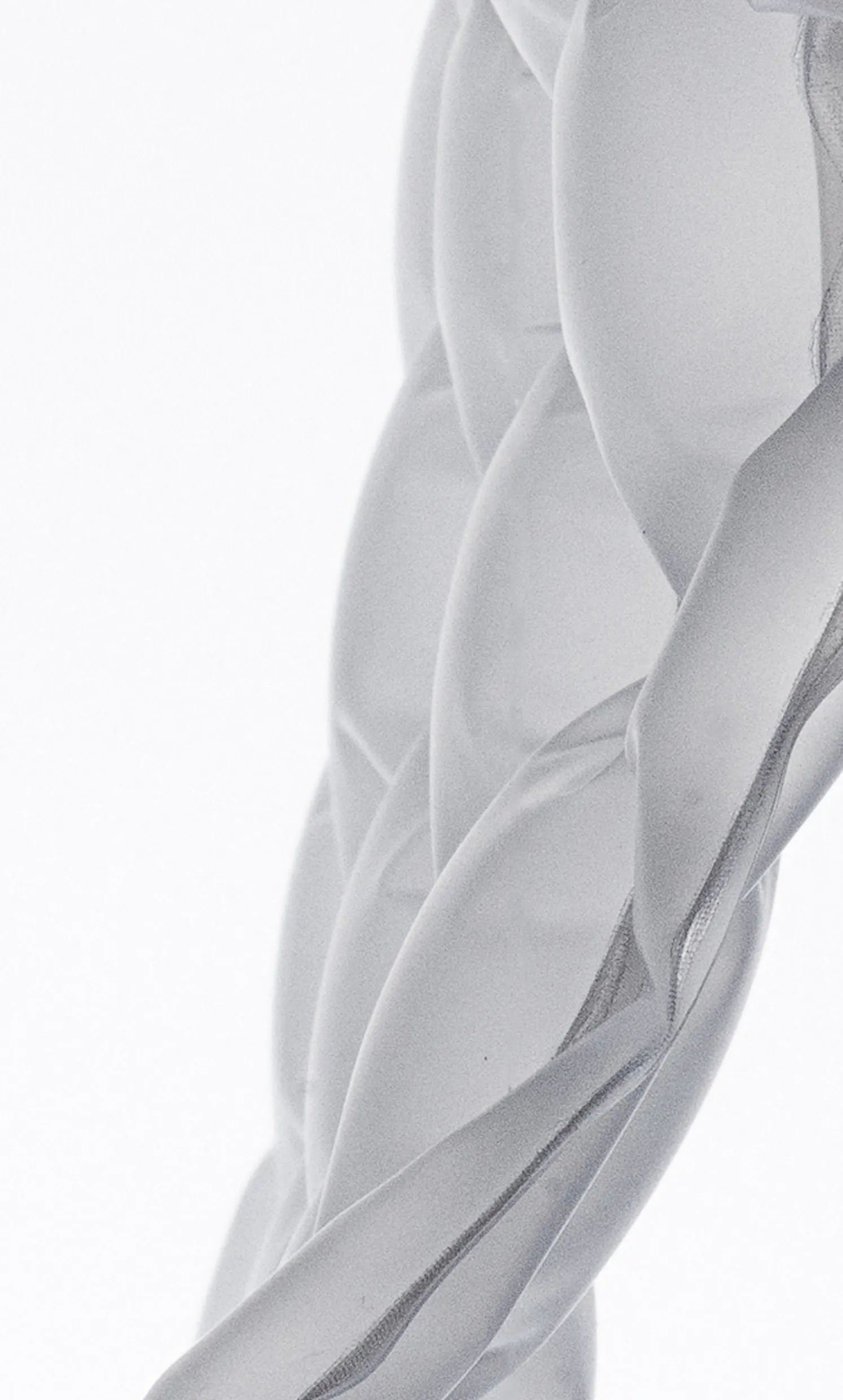
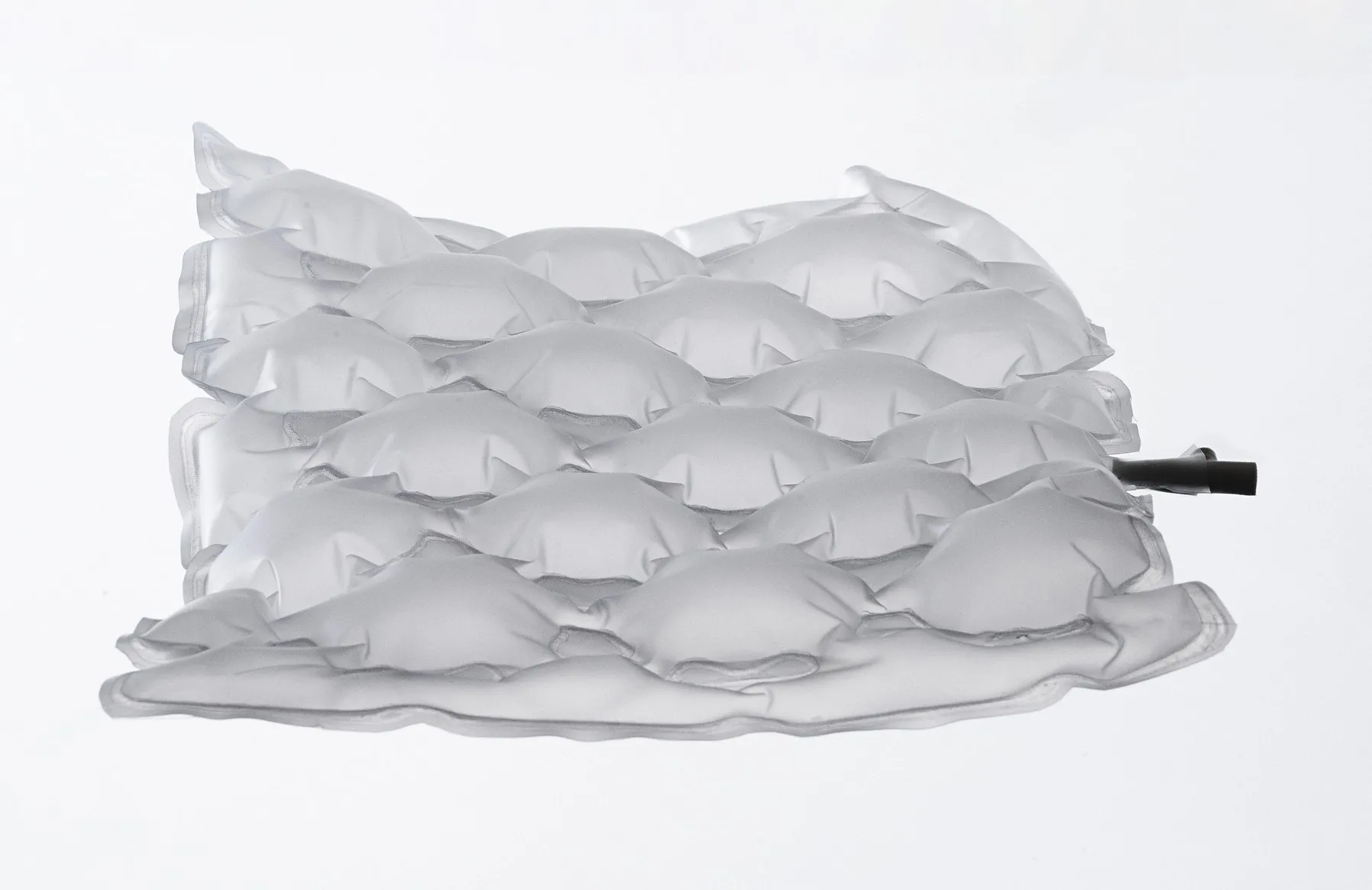
CGI / Art Direction
PROTOÉDITIONS
Sound
Misha Nikitin
Prototypes / Scientific Lead / Images
WINT Design Lab